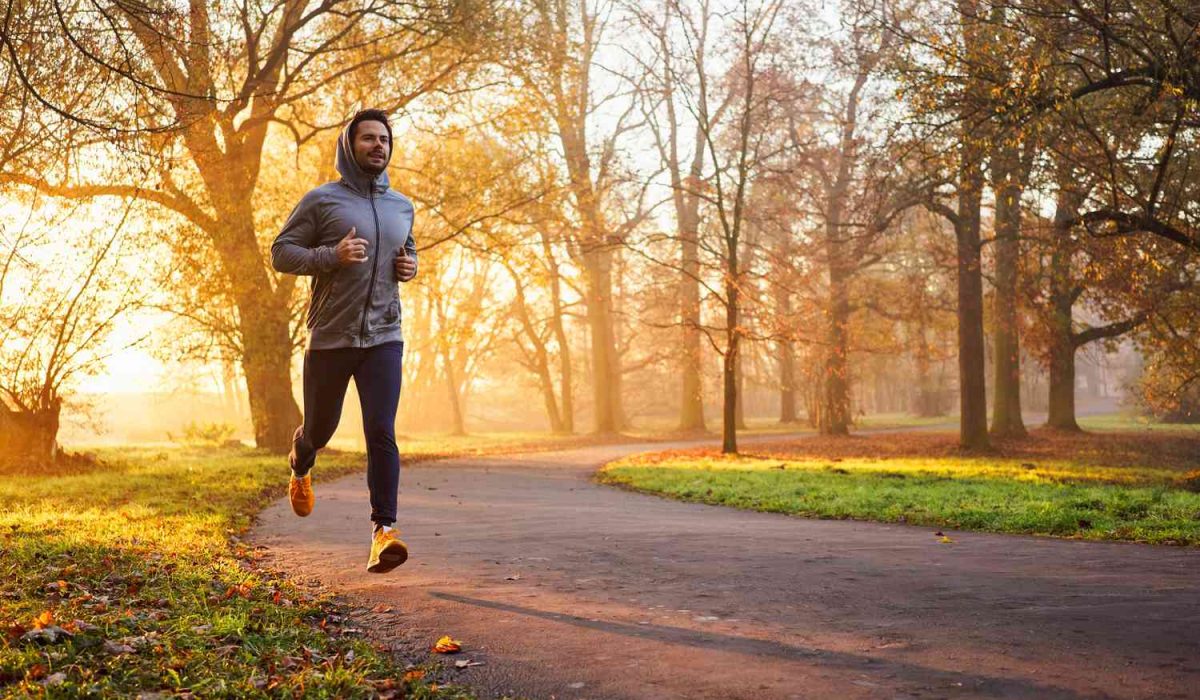Best time to workout
The debate over the best time to work out—morning or afternoon—has been around for years. Some people swear by early morning exercise, while others argue that afternoon workouts lead to better performance and results. But is one truly better than the other? Let’s explore the pros and cons of both to help you decide what works best for you.
Morning Workouts: The Early Bird Advantage
1. Boosts Energy and Focus Exercising in the morning can help you wake up and start your day on a positive note. Physical activity releases endorphins and boosts your energy levels, improving mood and mental clarity throughout the day. If you often feel sluggish in the morning, a workout can kick-start your energy and improve your focus.
2. Helps Build Consistency Morning workouts are great for building a consistent routine. If you work out early, there’s less chance of other daily commitments getting in the way. It’s easier to stick to a schedule because you avoid conflicts that tend to pop up later in the day, like meetings, social plans, or unexpected tasks.
3. May Promote Better Fat Loss Some research suggests that working out in a fasted state (before breakfast) can promote better fat burning. While this effect might be minimal for some, it can be an advantage if fat loss is your primary goal.
4. Better Sleep at Night Exercising in the morning might also help regulate your circadian rhythm. It exposes your body to natural light early in the day, which can lead to better sleep quality at night.
Cons:
- You may not perform at your best early in the morning, especially if you struggle to wake up or feel stiff.
- If you’re not well-fueled, fasted workouts can lead to lower energy levels, making it harder to give your best effort.
Afternoon Workouts: Performance Peak
1. Improved Physical Performance Research shows that physical performance, including strength, endurance, and flexibility, tends to peak in the afternoon. Your body is more warmed up, and your muscles are at their optimal functioning level, allowing you to push harder during your workout. This makes the afternoon an ideal time for strength training or high-intensity workouts.
2. Reduced Risk of Injury With your muscles more warmed up and your reaction time at its best, afternoon workouts can help reduce the risk of injury. By this time, your body has had time to move around and is generally less stiff than in the morning.
3. Great Stress Relief Afternoon workouts can provide a perfect mid-day break or an after-work release. Exercising after a long, stressful day can help lower cortisol (the stress hormone) and improve mood, allowing you to wind down and relax in the evening.
4. Higher Body Temperature Your core body temperature is higher in the afternoon, which can enhance your muscle function and flexibility. This makes your workouts feel smoother and more efficient compared to exercising first thing in the morning when you might still feel cold and stiff.
Cons:
- Afternoon workouts can sometimes conflict with other responsibilities or events, making it harder to stay consistent.
- You may feel too tired or mentally drained by the end of the day, which could affect your motivation to work out.
Which Is Better for You?
Ultimately, the best time to work out depends on your individual schedule, preferences, and how your body responds at different times of the day.
- Morning workouts are great for people who want to build a consistent routine, enjoy an energy boost throughout the day, and prefer to get their exercise done first thing.
- Afternoon workouts are ideal if you want to maximize physical performance, feel less stiff, and enjoy a more relaxed and energized workout.
The most important thing is finding a time that works for you and that you can stick to long-term. Whether you work out in the morning or afternoon, consistency is what truly matters when it comes to achieving your fitness goals.
Conclusion
There’s no one-size-fits-all answer to whether morning or afternoon workouts are better. Both have their unique benefits, and the best time to work out is the time that fits your lifestyle and allows you to perform at your best. Listen to your body, experiment with different times, and choose what helps you stay motivated and consistent.





